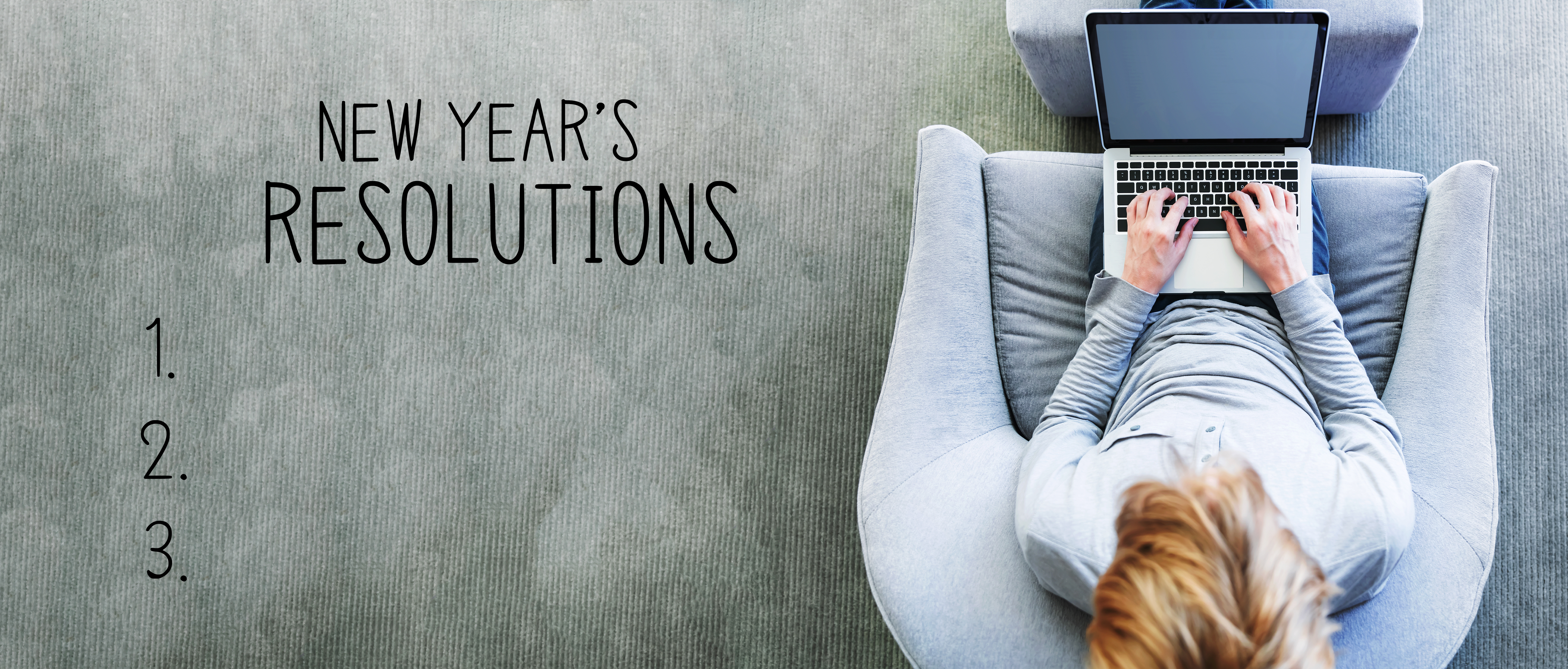- Table of Content
Feeling stressed this holiday season? You’re not alone. In fact, a 2021 survey showed 3 in 5 Americans experience holiday stress.
For many people, holiday stress comes from shopping for the perfect gifts, making travel plans, dealing with family members, and navigating existing problems with grief and depression.
It’s normal to feel stressed in such a busy season. Our top 10 strategies for improving mental health during the holidays can help you stay ahead of your festive season stressors. That way you can spend more time enjoying this time of year.
Top 10 ways to help holiday stress
First things first: If stress has become a normal way of life for you, you may have a mental health disorder. Please seek help from a licensed mental health care provider.
The following 10 strategies could help relieve some of your symptoms, but they’re not designed to replace a one-on-one therapy session with a licensed mental health care provider. We’ve designed these tips to help people with normal holiday stress improve their mental wellness:
1. Make a spending plan and stick to it
Financial problems are a common source of stress throughout the year. During the holidays, retail spending can make financial problems worse.
To keep your spending under control, create a budget before you shop. Make sure you can afford what you’re buying, especially if you’re using credit cards.
And it’s OK to be upfront about your budget with friends and family members who expect gifts from you. Let them know you’ll be spending less. Chances are, some others in your gift-giving circle will be thankful you spoke up.
2. Pay attention to your treat intake
A lot of us eat differently during the holidays. Whether we know it or not, we eat more desserts and bigger meals. We may drink a little more than usual, too.
Small dietary changes aren’t a huge deal. But when repeated across a few weeks, small dietary changes turn into habits — and making a habit of eating or drinking too much can increase your holiday stress.
You don’t have to say no to every cookie you’re offered, but do pay attention to what you’re eating. Keeping your diet as consistent with the rest of the year as possible can reduce stress.
3. Continue to find exercise time
Exercise reduces stress. But busy holiday schedules — combined with cooler temperatures in many areas — make it harder to exercise regularly, and many people start to feel more stressed as a result.
If you’re already in the habit of exercising regularly, do your best to stick with your routine. If you don’t exercise regularly, try to start. You don’t have to find an hour a day to bike, swim, or run.
Instead, you could walk around the block a few times after work. Or you could take the stairs instead of the elevator. Or you could park on the opposite side of the shopping mall from the store you plan to visit.
These are easier ways to work exercise into your existing schedule.
4. Celebrate yourself
Yes, it’s the season of giving, but that doesn’t always mean giving to others. You can give yourself the gift of better mental health by setting aside a little time for yourself.
Spend this time on one of your hobbies. Set up a lunch date with some friends. Or just go see a movie, take in a concert, or simply sit in a coffee shop and read.
When your schedule is full, the gift of an hour or two to yourself can mean unwrapping a big mental health boost.
5. Sleep
Getting enough sleep is key to mental health at any time. During the busy holiday season, it’s even more important.
So when you have a day off work, consider sleeping in. If that’s not possible, see if you can find time for a quick nap. Try to get to bed an hour earlier than usual, especially when you know you have some late nights coming up.
6. Be realistic about grief
Holidays can be especially hard when you’re in grief. If you’ve lost a close friend or family member, or if you’ve experienced a divorce or any other kind of significant loss, go easy on yourself.
It’s OK to feel bad during the holidays. In fact, it can be normal. Expecting yourself to feel joyous can cause even more stress.
7. Are you SAD?
If you’ve noticed feelings of depression every holiday season, there’s a chance you have SAD also known as Seasonal Affective Disorder.
People who have this condition feel depressed during cooler, darker months. It just so happens that, in the Northern Hemisphere, the darkest day of the year is just a few days before Christmas.
Experiencing the symptoms of depression for two weeks or longer could mean you have SAD. Meet with a mental health provider to find out for sure. The good news: Treatment is available, and in most cases, it helps.
8. Be yourself (online and in person)
Social media is a great way to stay connected with friends and family members. But too much connectivity can be stressful, especially when you start comparing your own holiday joy with other people’s.
Remember, people tend to post only their best photos online — only their best moments. For every “perfect” photo you see, there may be 10 others that didn’t make the cut.
And even if it were, what would that matter? Your only job is to be the best version of yourself that you can be.
9. Keep the kids on track
Kids home from school for the holiday is a stressor for most parents. Then mix in their excitement and impatience for the big day to arrive. Day after day in this environment can get out of hand in a hurry.
Try to make a routine. And ask for help from friends or neighbors, especially if you’re trying to work from home and need to focus.
Staying ahead of the kids’ excitement will help, too. Plan ahead. Pick out movies and activities for each day. Try to set up playdates with neighbors so you can get some time alone.
10. Ask for help when you need it
Feeling stressed makes life harder. Feeling stressed about being stressed can make life seem impossible. If life is starting to feel out of control, it’s OK to ask for help. Asking for help is usually the first step to feeling better.
Talk to your significant other, a friend, or a co-worker you trust. Or, talk to a professional mental health care provider in your area.
Like physical health, mental wellness is part of who you are and how you feel. It helps determine how we handle stress, relate to others, and make healthy choices.
Kind, compassionate, and professional help is available
Since it’s such an important aspect of our overall health, mental wellness is best maintained through an ongoing program of check-ups and testing with a psychologist or medical doctor.
The licensed counselors at Mental Health Associates of the Triad are available for in-person appointments in High Point and Greensboro. In other areas, look for a licensed mental health clinic or an online appointment.
For some people, holiday stress persists even after the decorations go back into the attic. If you’re feeling overwhelmed by stress, don’t wait. Please get help as soon as possible.
Make an appointment to talk to someone. If you’re thinking about suicide, call 988 to speak to a counselor immediately.
Reviewed by Karen Rudd, LMFT, LCAS



